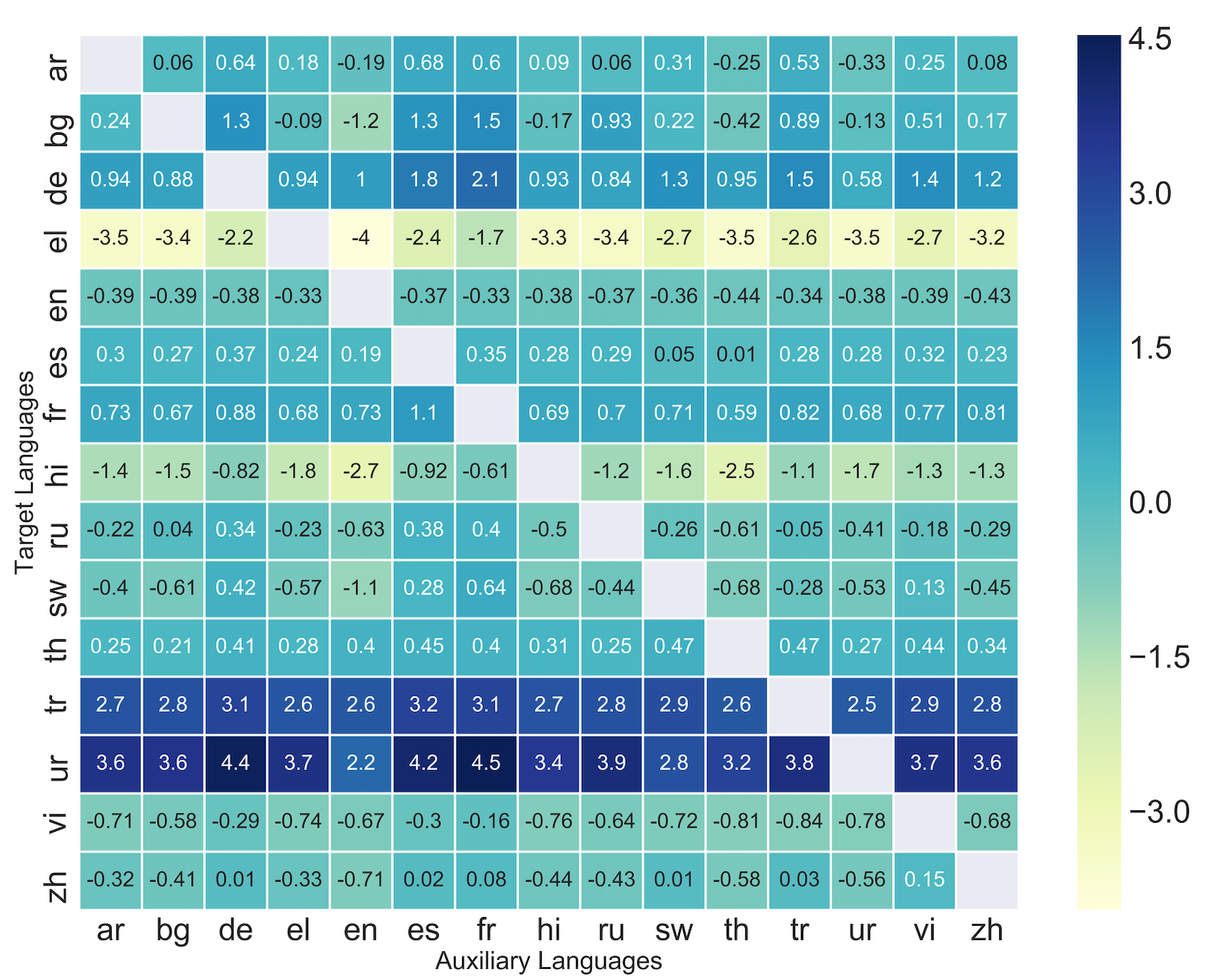Efficient Meta Lifelong-Learning with Limited Memory
Zirui Wang, Sanket Vaibhav Mehta, Barnabas Poczos, Jaime Carbonell
Machine Learning for NLP Long Paper

You can open the pre-recorded video in a separate window.
Abstract:
Current natural language processing models work well on a single task, yet they often fail to continuously learn new tasks without forgetting previous ones as they are re-trained throughout their lifetime, a challenge known as lifelong learning. State-of-the-art lifelong language learning methods store past examples in episodic memory and replay them at both training and inference time. However, as we show later in our experiments, there are three significant impediments: (1) needing unrealistically large memory module to achieve good performance, (2) suffering from negative transfer, (3) requiring multiple local adaptation steps for each test example that significantly slows down the inference speed. In this paper, we identify three common principles of lifelong learning methods and propose an efficient meta-lifelong framework that combines them in a synergistic fashion. To achieve sample efficiency, our method trains the model in a manner that it learns a better initialization for local adaptation. Extensive experiments on text classification and question answering benchmarks demonstrate the effectiveness of our framework by achieving state-of-the-art performance using merely 1% memory size and narrowing the gap with multi-task learning. We further show that our method alleviates both catastrophic forgetting and negative transfer at the same time.
NOTE: Video may display a random order of authors.
Correct author list is at the top of this page.
Connected Papers in EMNLP2020
Similar Papers
oLMpics - On what Language Model Pre-training Captures
Alon Talmor, Yanai Elazar, Yoav Goldberg, Jonathan Berant,

Zero-Shot Cross-Lingual Transfer with Meta Learning
Farhad Nooralahzadeh, Giannis Bekoulis, Johannes Bjerva, Isabelle Augenstein,


